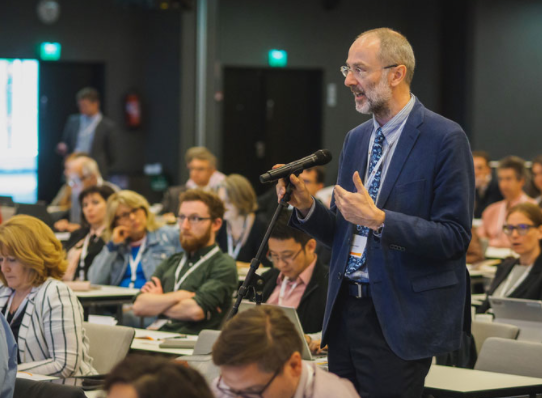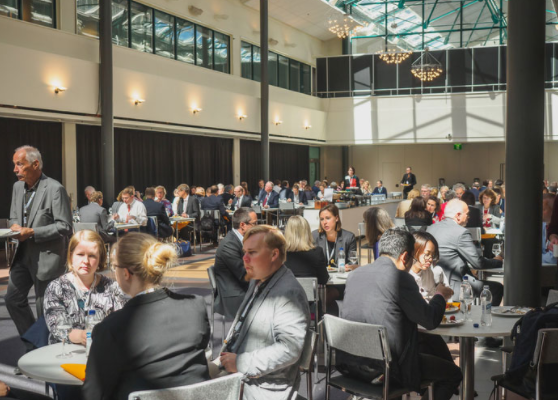The Panels for HCF 2019
PANEL 1
How to choose the best possible risk management option to regulate substances of very high concern
Concept:
The European Union is using a mix of different instruments – authorization, restriction, occupational exposure limits – to reduce risks of chemicals of concern. What are the pros and cons for each of them and how do other regulatory authorities manage unacceptable risks of such chemicals


PANEL 2
Grouping of chemical substances and how to avoid regrettable substitution
Concept:
Regulators and stakeholders have expressed growing interest in grouping ‘similar chemicals’ in order to speed up risk assessment and management and prevent inadvertently substituting one problem chemical with another. But there is no consistency in the way grouping is carried out globally.
PANEL 3
How to measure the performance of different chemical management systems
Concept:
What are meaningful indicators to measure success? Do different stakeholders measure success diffferently? What needs to be measured over time? What is the cost of action or inaction? How to assess value for money of the different regulatory systems?


PANEL 4
Plastics and circularity – from pollution to a value based proposition for all
Concept:
There are many facts of the plastics agenda and it goes well beyond the plastic pollution in oceans and rivers. Ultimately the marine plastics / litter issue is an impact from the failure to adopt a circular approach to plastics use. Plastics have a chemical production, usage pattern and waste management issue. When the cycle fails plastics reach the sea and have the impacts we now see. The focus of this panel should be on plastic use and phase out where possible (alternatives) at the national level coupled with education of the public and waste producers on sorting and segregation of plastics at the point of production. The panel will also cover the future opportunity of the collection, processing and use of plastic waste as a secondary resource. This involves taking into account existing standards and encouraging countries to adopt and implement policies on waste collection at urban and industrial sites, coupled with providing incentives for industries to generate revenue from the waste. The discussion will also touch on how new technologies can also produce hydrocarbon plastic feedstock which can re-enter the value chain.
PANEL 5
The quality of and access to data on chemicals
Concept:
The amount of data being available on chemical substance in commerce is continuously rising, even though the quality of the data is of varying (or unknown) quality. This rise creates challenges relating to competing demands for this data, from actors with competing interests (such as regulators, companies, downstream users, researchers, consumers). It is also important to acknowledge that while the amount of data is on a constant rise, data and information gaps still exists or is not acted upon. This situation also creates important challenges to handle that vast amount of data in terms of format/IT, reliability, analysis and subsequent actions,. How to ensure that relevant actors have access to the data they need of the right quality and that this data is adequately acted upon to limit the environmental and human health impacts of substances on the market
